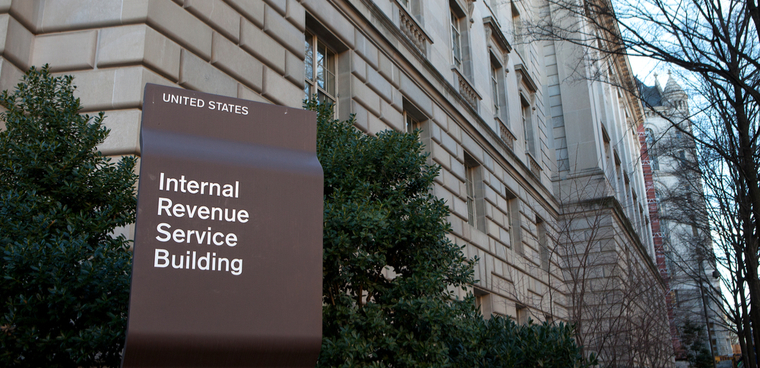Funding bill boosts IRS tech
The House Appropriations committee voted up a bill that includes funds to modernize IRS systems and security and restore critical hiring and pay authorities last available in 2013.

The House Appropriations Committee reported favorably on a General Government Appropriations bill seeks to overhaul IT operations at the IRS.
The legislation sets aside $290 million for business systems modernization efforts at IRS, $140 million above current spending levels. It would also restore "critical pay" hiring authorities that IRS officials have said are desperately needed to bring new IT and cybersecurity talent into the agency.
The money would represent a down payment on the six-year, $2.7 billion plan to replace outdated legacy systems, increase cybersecurity protections and improve customer service that the agency unveiled earlier this year.
"These increases are particularly important to secure sensitive data housed at the IRS," said committee chair Rep. Nita Lowey (D-N.Y.) at the markup.
However, the committee expressed concern that years of throwing money at IRS’ modernization problems in the past haven’t yielded satisfactory results, and directs the agency to report on progress for retiring the Individual Master File and completing its replacement, CADE2.
"The Committee remains discouraged with the level of service taxpayers are receiving. Additionally, the Committee expresses concern over continued cybersecurity threats and taxpayer ID theft," the committee report notes.
The "critical pay" authorities in the legislation restore hiring flexibility that the tax agency lost in 2013. IT and would allow the IRS to quickly hire and retain information technology specialists. Commissioner Charles Rettig told lawmakers last year that restoring the provision was key to enticing top IT and cybersecurity talent to modernize IRS systems and overhaul data security policies.
Under the previous critical pay regime, the tax agency was authorized to hire up to 40 positions on a term basis not exceeding four years for rates of pay up to the vice presidential salary level. Hires had to be approved by the Secretary of the Treasury. According to a 2017 oversight report, IRS officials did not take advantage of government-wide special hiring and pay authorities in part because they expected their own authority to be restored and in part because the process required approval from outside agencies including the Office of Personnel Management.
Separately, on June 10, the House passed the Taxpayer First Act on a voice vote. The bill includes provisions giving the IRS CIO "operational control" of all agency information technology and requiring the top procurement officer at IRS to consult with the CIO on technology procurements in excess of $1 million. The bill also authorizes the restoration of critical pay authorities.
NEXT STORY: 10 legacy systems in need of modernization





